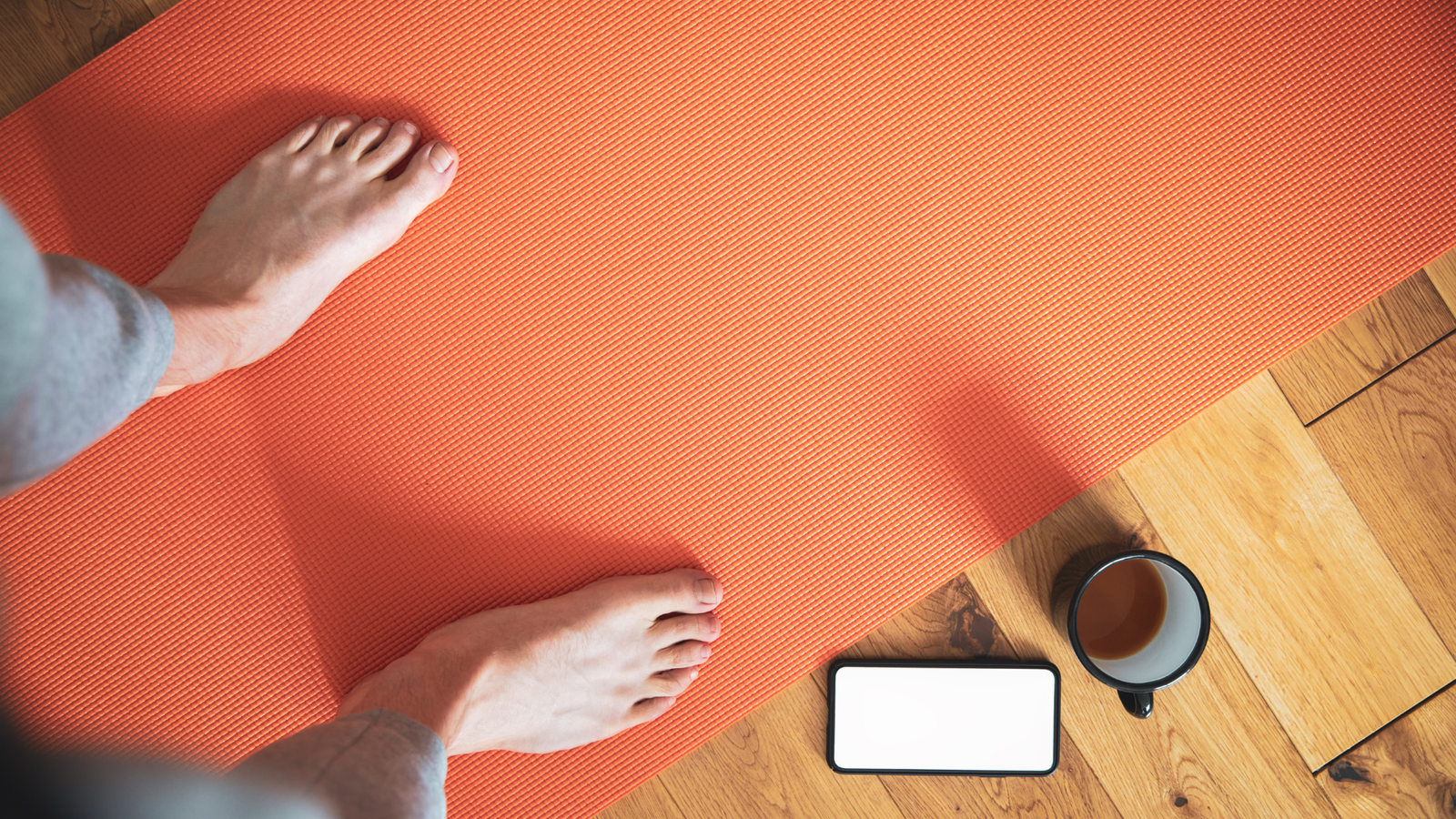


Caffeine is one of the most commonly consumed substances in the world, with millions of people relying on it for a quick energy boost to help them power through the day. But caffeine can also have a significant impact on your workout nutrition.
Optimizing the diet to support your fitness goals is imperative. So whether you’re trying to build muscle, lose weight, or just maintain a healthy lifestyle, your diet can have a significant impact on your overall results. And when it comes to caffeine, the effects can be both positive and negative.
Let’s take a look at how caffeine affects your workout nutrition:
Caffeine can be a helpful tool for improving performance and burning fat, but it’s important to use it in moderation and well-timed, and pay attention to how it affects your body. If you’re using caffeine to boost energy and endurance for a workout, make sure you’re also consuming enough water stay well hydrated. And if you’re using caffeine to suppress appetite, be sure to fuel your body with the right nutrient at the right times to support muscle growth and recovery.
